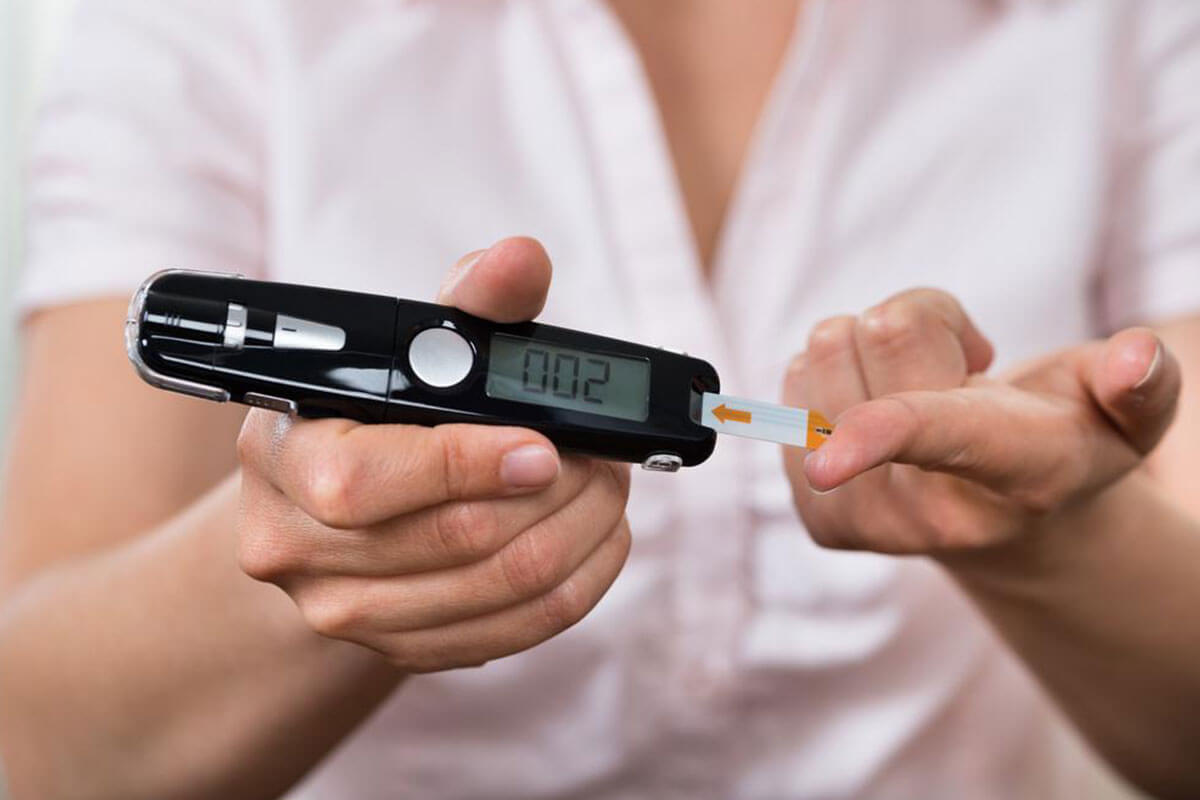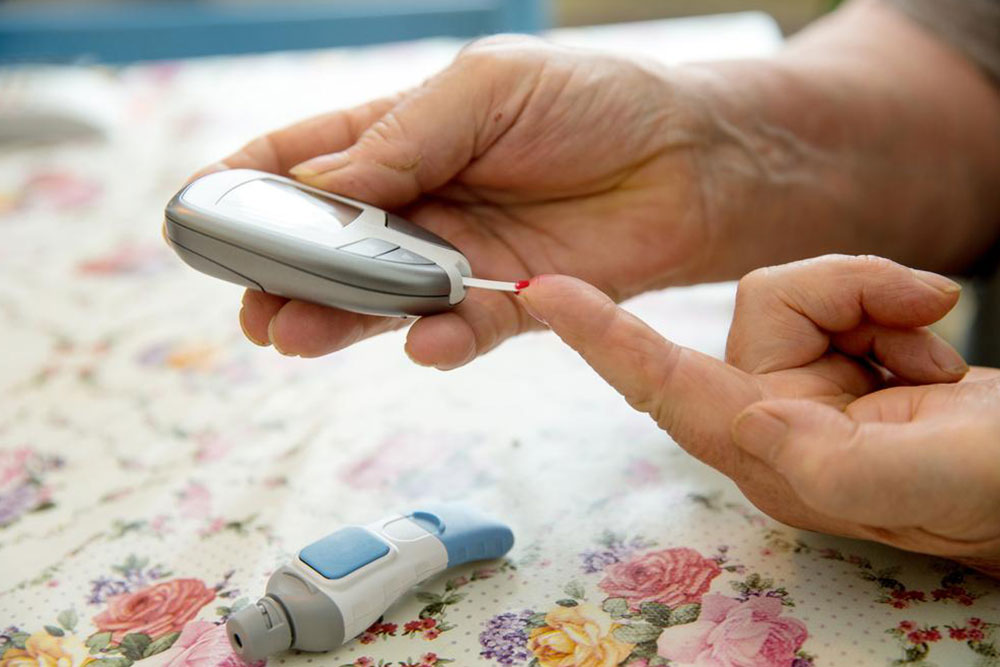Understanding the Connection Between Diabetes and Male Sexual Health Issues
Learn about how diabetes impacts sexual health, including erectile dysfunction in men and vaginal dryness in women. Discover causes, symptoms, and treatment options to improve quality of life and sexual well-being. Regular medical check-ups and lifestyle changes play key roles in managing these complications effectively.

Understanding the Connection Between Diabetes and Male Sexual Health Issues
Historically, erectile dysfunction was often overlooked as a complication of diabetes, but recent studies show its rising prevalence. The incidence of sexual problems linked to diabetes highlights the importance of understanding how this condition affects both men and women’s reproductive health.
Men with uncontrolled diabetes are especially susceptible to erectile difficulties, with around 75% experiencing such issues over time. This condition impairs the ability to achieve or maintain satisfactory erections during intimacy.
Sexual dysfunction due to diabetes involves challenges in initiating or sustaining an erection. While the exact mechanism remains complex, the link between diabetes and erectile issues is well established.
Connecting Diabetes and Sexual Dysfunction
Diabetes can affect both genders, making it essential to control blood sugar levels to prevent complications like sexual health problems. Persistent high blood sugar damages blood vessels and nerves, crucial for healthy sexual function.
Blood vessel lining cells release nitric oxide to facilitate blood flow necessary for erections. Diabetes-induced nerve damage hampers this process by reducing nitric oxide, leading to decreased sensation and difficulty maintaining erections. Women may also experience vaginal dryness, affecting their sexual experience.
Diabetes can cause urinary infections, discomfort during intercourse in women, and issues with urination and ejaculation in men. Elevated blood sugar levels may also lower testosterone levels, reducing libido in men. Additionally, nerve damage can cause pain during intimacy.
Another manifestation is retrograde ejaculation, where semen flows back into the bladder rather than out, affecting fertility but not pleasure. High cholesterol further impairs blood vessel dilation, complicating blood flow to the penis, thereby contributing to impotence.
Factors like hypertension, cardiovascular diseases, medications, and surgeries related to reproductive organs also influence sexual health in diabetics. Lifestyle choices such as smoking, alcohol, stress, depression, and anxiety exacerbate these issues.
Managing Diabetes-Induced Sexual Problems
Therapies for diabetes-related sexual dysfunction include vacuum devices, intracavernosal injections, penile prostheses, and constriction rings. The severity of the condition guides treatment options.
Increasing awareness about the link between diabetes and sexual health has improved prognosis. Adopting a healthy lifestyle—laden with nutrient-rich foods like vegetables high in vitamin C and zinc—can help alleviate symptoms. Regular medical monitoring, especially keeping A1C levels within target ranges, is vital for controlling blood sugar and preventing complications. Consult your healthcare professional promptly if you experience sexual health changes linked to diabetes.










